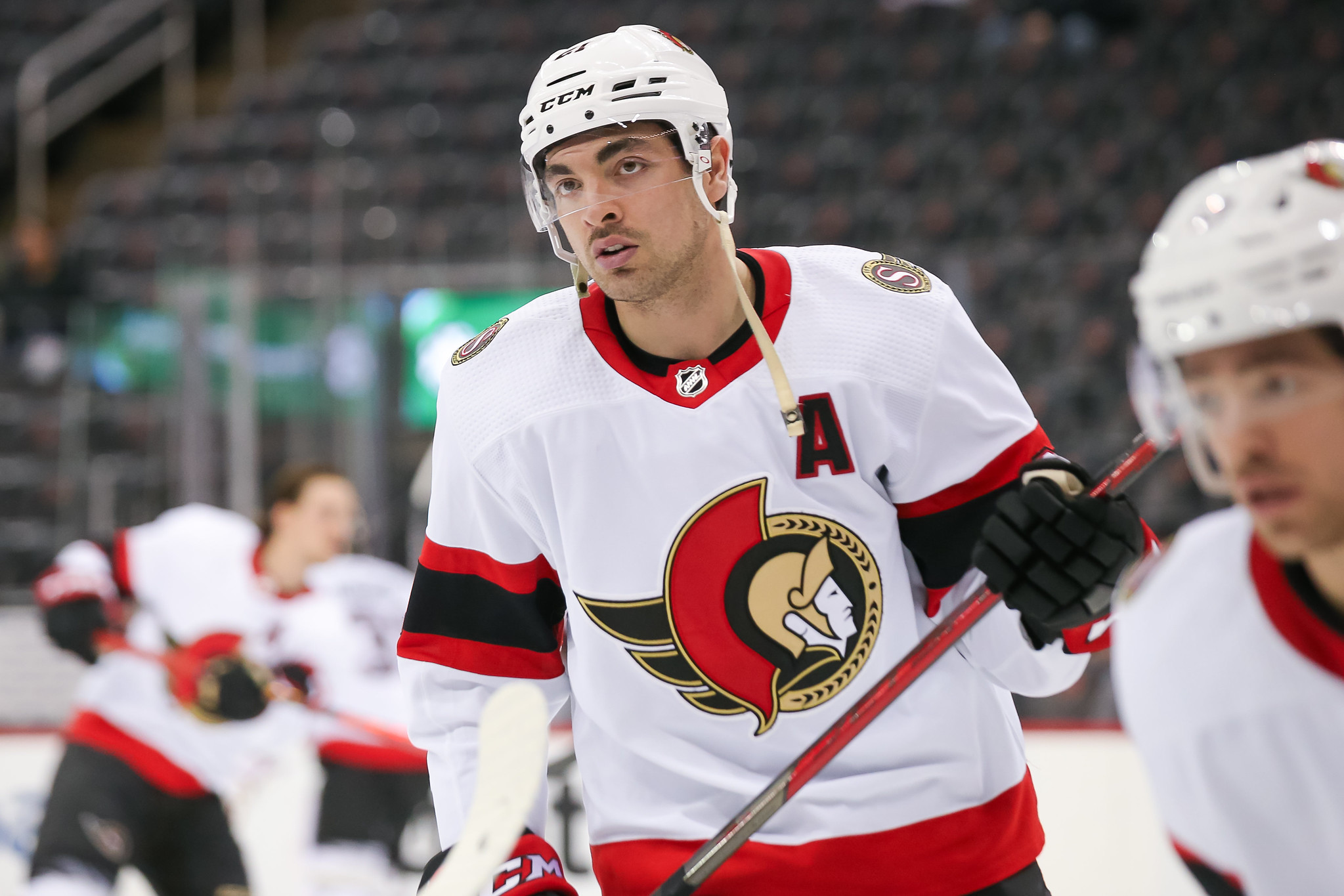

The Ottawa Senators, since their re-inception in the early 1990s, have struggled to find sustained success, often marked by periods of rebuilding and roster turnover. A recurring theme in their franchise history is the departure of promising young players who later blossomed into impactful contributors elsewhere. While some trades are unavoidable due to financial constraints or player demands, others leave fans wondering "what if?" Here are four young players that the Senators may have given up on too soon:
1. Mika Zibanejad: Arguably the most talked-about trade in recent Senators history, the departure of Mika Zibanejad still stings for many fans. In July 2016, the Senators traded a 22-year-old Zibanejad and a 2018 second-round pick to the New York Rangers in exchange for Derick Brassard, who was 28 at the time, and a 2018 seventh-round pick. At the time, the trade was heavily criticized. Zibanejad was already a two-time 20-goal scorer, while Brassard had only one 20-goal season in his 10-year career. While the Senators aimed to acquire a more proven player in Brassard, Zibanejad's trajectory in New York quickly surpassed expectations. He has become a consistent point-per-game player and a leader for the Rangers.
2. Alex DeBrincat: DeBrincat was a standout player for the Chicago Blackhawks for the first five seasons of his career. In an effort to make the playoffs, the Senators acquired DeBrincat from the rebuilding Blackhawks. Although DeBrincat recorded 66 points, the Senators still missed the playoffs. DeBrincat did not want to sign a long-term contract with the Senators, and was subsequently traded to the Detroit Red Wings where he signed a four-year contract. In Detroit, DeBrincat recorded 67 points and was named to the All-Star Game.
3. Pavol Demitra: In 1993-94, the Senators drafted 19-year-old Pavol Demitra from Slovakia in the ninth round of the draft. Although he showed promise, the Senators felt he wasn't ready for the NHL and sent him to the AHL.
4. Zack Ostapchuk: The Ottawa Senators traded Zack Ostapchuk to the San Jose Sharks in exchange for Fabian Zetterlund, Tristen Robins, and a fourth-round draft pick. General Manager Steve Staios stated that neither Ostapchuk, nor Noah Gregor (also part of the trade) were contributing offensively. Although Ostapchuk was still developing, he had the potential to be a good bottom-six forward in the NHL.
These examples highlight the delicate balance between patience and strategic decision-making in player development. While it's impossible to predict the future with certainty, these cases serve as reminders of the potential cost of giving up on young talent too soon. The Senators, like all NHL teams, must continue to refine their evaluation processes and foster an environment where young players can reach their full potential, hopefully within the Ottawa organization.